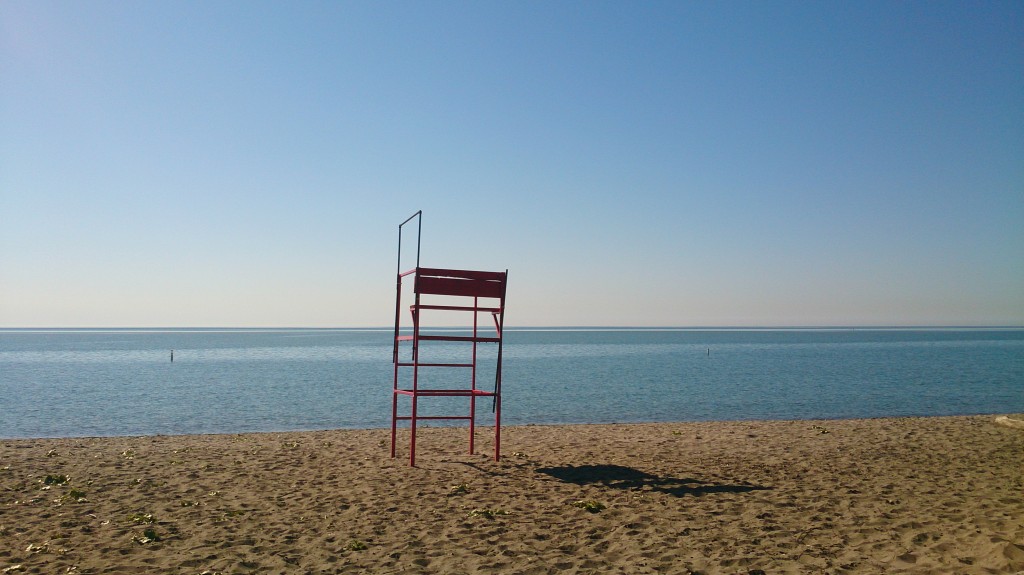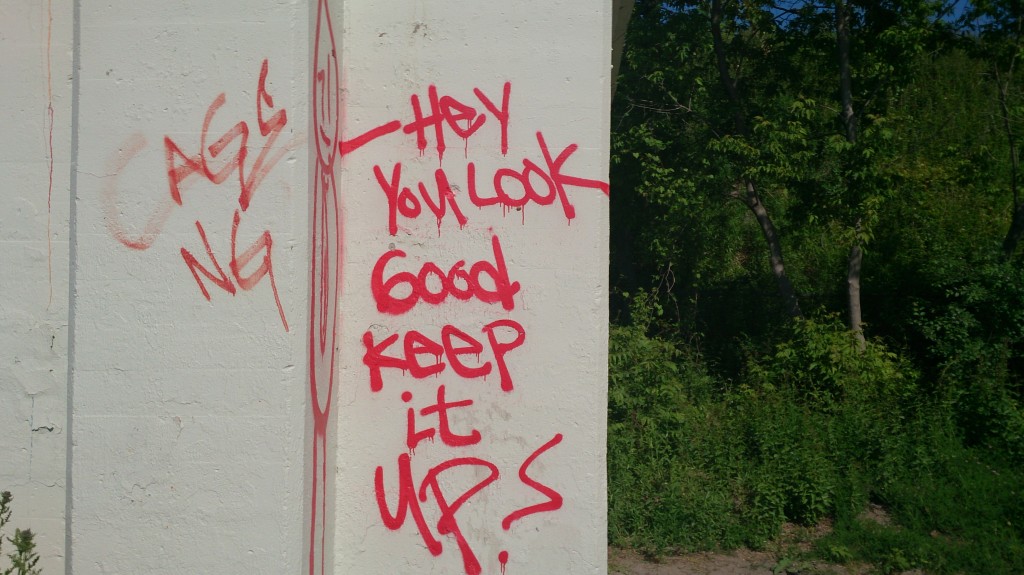Since the ALS Ice Bucket Challenge started doing the rounds, my opinion about it has gone back and forth. And back again. There are things I don’t like about the challenge, one of them being the choice between dumping ice water on your head and donating $100. The message that being cold, wet and uncomfortable is preferable to donating $100 to charity doesn’t sit well with me.
I do know, however, that many people do both: they douse themselves with ice water and they donate the $100. No-one can deny that this campaign has been extremely successful in terms of raising money and awareness. Fundraising in today’s world is such a monumental challenge. Every year I try to raise funds for autism, and while I am always grateful for the funds that I do raise, I cannot escape the fact that it is getting harder and harder every year. Simply asking people for donations is no longer effective. These days, people seem to need gimmicks in order to donate to good causes.
And that’s fine. It has me thinking that maybe I need to come up with a gimmick to help with my own fundraising efforts. However, as much as I support those who have participated in the Ice Bucket Challenge, I have to confess that I still don’t like this particular gimmick. Yes, it has raised money. Yes, it has more people Googling ALS. Both of these are good things.
But what about those of us who choose not to participate? I have watched in dismay as people with limited financial means have been nominated for the challenge, and I have watched in bitter disappointment as those people have been mocked for not taking up the challenge. I have seen people being called things like party-pooper and apathetic. People are being advised to “give up one cup of coffee a day for a couple of weeks” in order to have funds to donate. I saw a priceless Facebook post in which someone arrogantly stated, “Everyone can afford to donate something.”
You know what, though? Not everyone can afford to donate something. There are people who have to dig around in couch cushions in order to buy diapers for their children, people who are choosing to let their Internet and phone services be cut off because they can’t make the bill payments, people who stand in the grocery store counting their coins and wrestling with the choice between buying milk or bread.
Those people should not be guilted into taking part in a trend that they cannot afford, simply because everyone else is doing it. People who do have money shouldn’t feel compelled to take part. This should be a matter of choice, not of coercion or emotional blackmail. And before people start jumping on me, I do realize that those who engage in these tactics could well be in the minority. But they do exist, and the fact is that many, many people who are short on cash – and some who aren’t – are feeling guilt that they should not be feeling. I’m sure it’s not the intent of those who started this challenge, and it’s not the intent of a lot of people who pass it on, but it has been an unfortunate effect.
The Ice Bucket Challenge is problematic for another reason, which is best described in the following picture that I saw on Facebook this morning.
 While people all over the world are dumping water on themselves – water that is essentially being wasted – children are dying of thirst. If we need a gimmick in order to donate, shouldn’t we come up with a gimmick that does not involve so much waste? Could this gimmick be tweaked in a way that raises funds for ALS and also draws attention to the plight of people who do not have access to clean water?
While people all over the world are dumping water on themselves – water that is essentially being wasted – children are dying of thirst. If we need a gimmick in order to donate, shouldn’t we come up with a gimmick that does not involve so much waste? Could this gimmick be tweaked in a way that raises funds for ALS and also draws attention to the plight of people who do not have access to clean water?
I am glad this campaign has been successful, and I truly applaud those who have participated and contributed to its success. All I ask is two things. First, be respectful toward those who do not take part, either because of financial hardship or simply because they choose not to. Second, if you dump water on your head, try to do it in a way that the water can be reused. Catch the water in something and use it to water your plants, or wash your car, or fill the dog’s water dish – anything that does not result in the water simply wasting away.
And whether you choose to take part in the challenge or not, take a moment to Google ALS.
This is an original post by Kirsten Doyle.




































